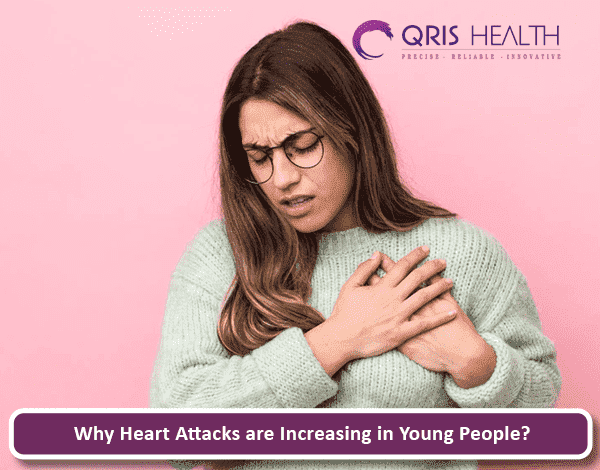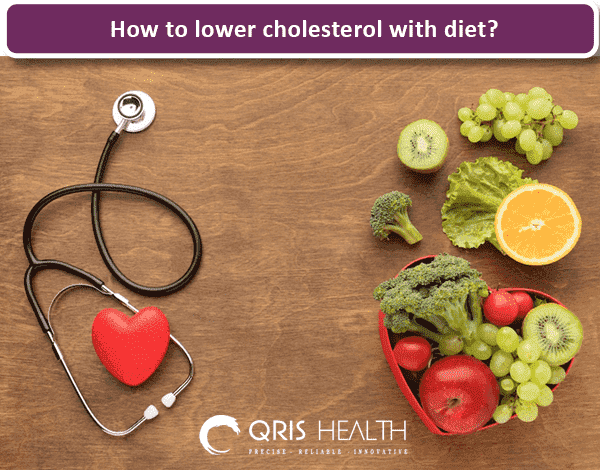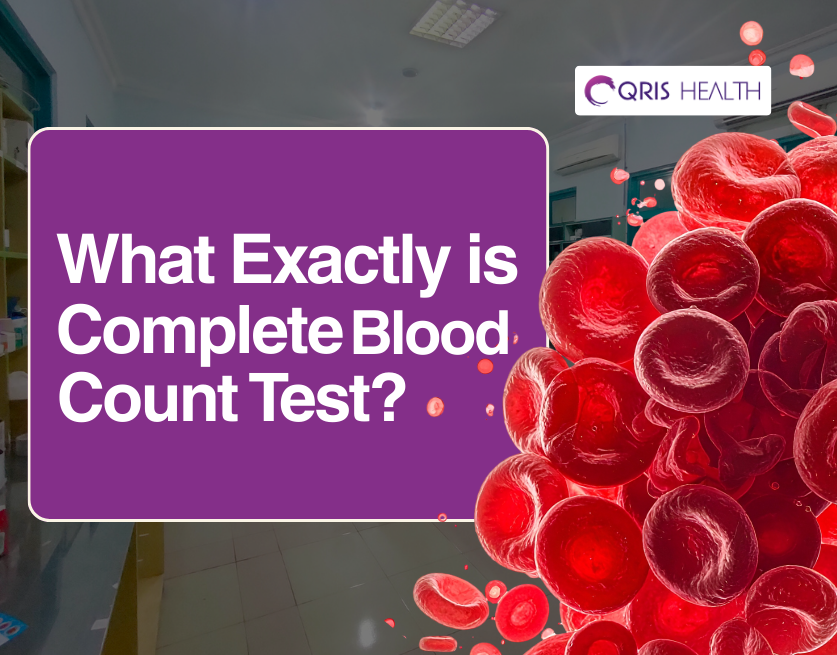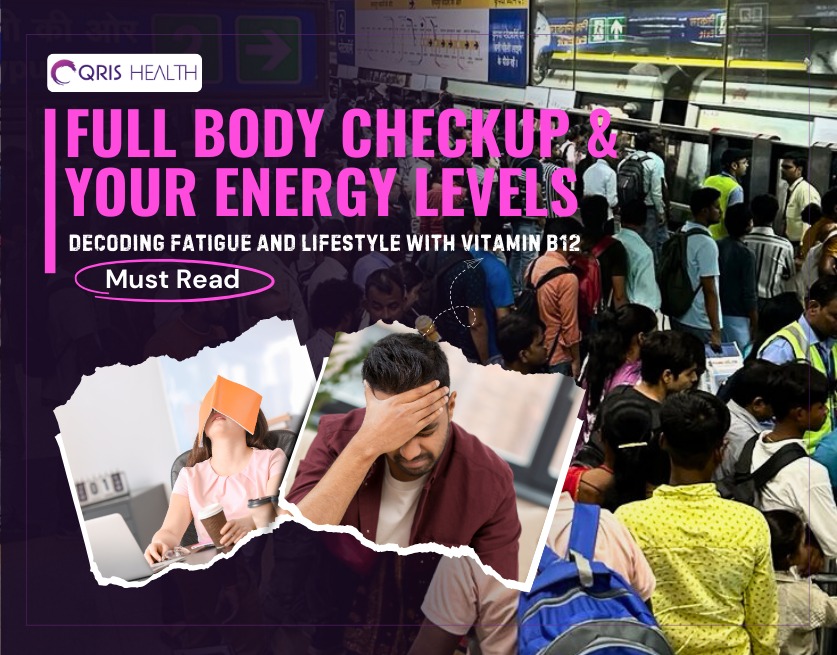In our childhood, we have heard heart attacks attack the elders —something our grandparents or parents might face after years of unhealthy habits. But lately, things have completely changed. In newspapers, we read about people dying at a very early age, even teenagers, which is a common thing. Today, one out of five heart attack patients is under 40. Even more alarming? The number of people in their 20s and 30s experiencing heart failure has risen by 2% every year between 2000 and 2016.
Qris Cardiac Care Package
Parameter included: 43
- Lipid Profile
- CBC Test (Complete Blood Count)
- Cardiac Risk Markers
Qris Cardiac Care Package
Parameter included: 43
- Lipid Profile
- CBC Test (Complete Blood Count)
- Cardiac Risk Markers
Let that sink in. People in their prime—building careers, travelling the world, starting families—are suddenly struck down by a heart attack. And once you have one, the risk of another is just as high as someone in their 60s or 70s. This isn't just a statistic. The question is, why is this happening? Has something changed in how we live that's putting our heart under so much stress?
Why Young Adults Experience Heart Attacks?
1. Anxiety, Exhaustion, and Stress
Our environment is never one that turns off. Work obligations, pressure to achieve, constant social media comparisons, financial hardships, and world events—it's draining. Today, everyone is under some kind of stress. But what we fail to understand here is the kind of stress it puts on blood pressure, inflammation, and heart diseases. People are struggling to sleep nowadays, which is another danger to their health.
2. Diabetes: The Silent Death Maker
At shockingly rapid rates, diabetes is invading younger age groups, which in turn is directed to heart attacks. High blood sugar levels for too long cause fatty deposits in the arteries, which narrow them over time and slowly restrict the blood flow. Even when someone is not highly diabetic but is on increased sugar intake or is insulin resistant, it can, over time, harm their heart.
3. High Blood Pressure: The Undercover Agent
Previously, only "old people" used to have high blood pressure. Not anymore. Blood pressure levels are rising above ever in response to our hectic lives, poor diets, and continuous digital assault. The heart thickens, weakens, and finally gives out when it must pump harder than it ought. Many people are unaware even that they have hypertension until it is too late.
4. Obesity: Beyond a Simple Weight Concern
Although carrying excess weight strains your heart, there is another problem. Often related to high cholesterol, high blood pressure, and insulin resistance—a lethal triad for heart health—is obesity. Even if you feel OK right now, the additional strain on your arteries can gradually increase over time.
5. Smoking: Still a Principal Contributor
Though many young people still smoke casually or regularly under the belief it is harmless, we all know smoking is unhealthy. The risk of a heart attack increases even by a few cigarettes a day. Nicotine and carbon monoxide damage the blood arteries and create blockages.
6. Drug Use: The Risky Getaway
Drugs include cocaine, meth, and even too much marijuana can cause constriction of blood vessels, increase heart rate, and raise blood pressure. This destroys the heart over time and raises the risk of a sudden attack. Many young people lack awareness of the danger until it is too late.
Signs Your Heart Gives Before A Heart Attack
Our body mechanism is planned in such a way that before shutting down, it always gives an alarm, but we fail to recognise it. Before a heart attack, people fail to understand these symptoms:
- Inflammation in the chest, which people often confuse with gastric problem
-
Pain in the left hand, especially the shoulder which is again mistreated as a wrong posture.
-
Shortness of breath which people think to be due to anxiety or stress
-
Excessive sweating
-
Slight pain in the chest
-
Continuous dizziness
The Bottom Line
We Should Treat This Very Seriously.
A heart attack in your 20s or 30s is not only random. It's a caution. Our hearts are nearly breaking from the way we live now—nonstop stress, poor diet, lack of sleep, and bad behaviour.
The favourable news is one can stop this by means of prevention. Little adjustments in diet, stress management, sleep, activity, smoking cessation, and avoidance of too much alcohol and drugs—can literally save your life.
Your heart is not absolutely perfect. But given some maintenance, it will continue to remain strong for many decades to come. Hear it before it is too late.
If you are in or near Delhi, you can book your heart health tests with the Qris Health lab. They are efficient when it comes to any testing. Their reports are accurate with correct diagnoses. Regular testing will help you in early prevention. Book your appointment now!
We Suggest following Test/Package related to this article
Full Body Checkup With Vitamin Screening
Go Back to Home Page



 - Symptoms and Causes.png)


